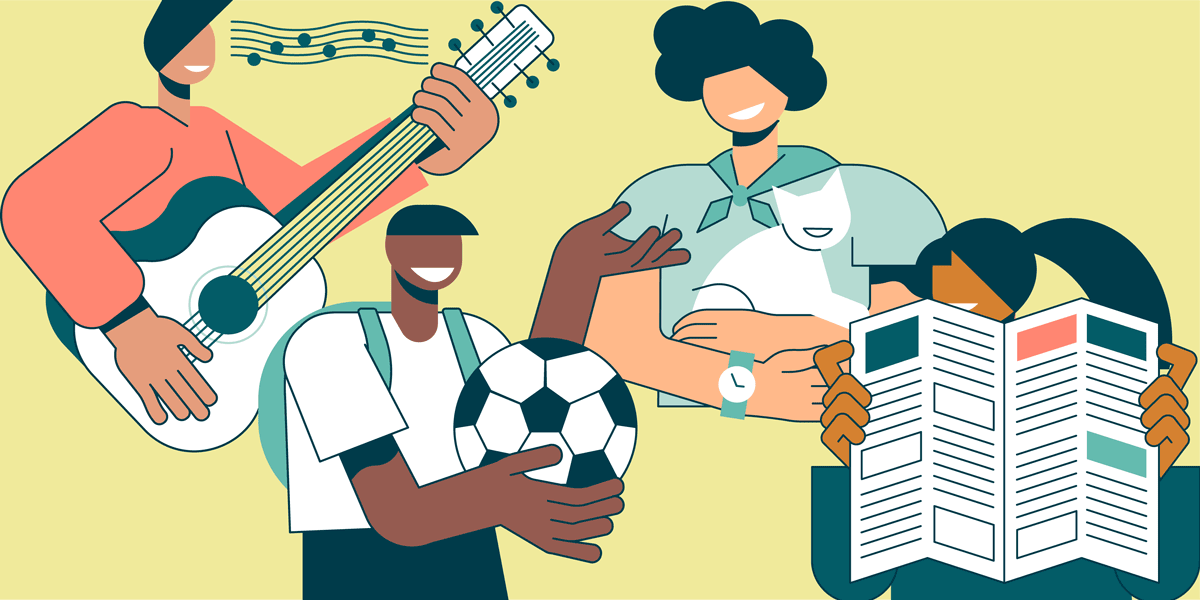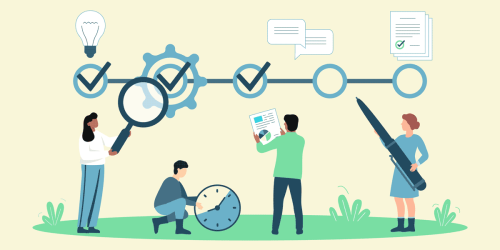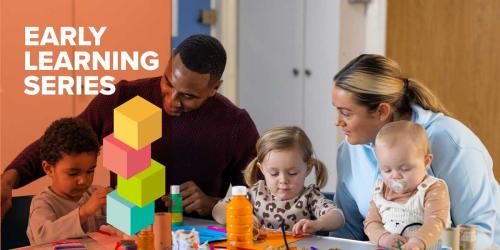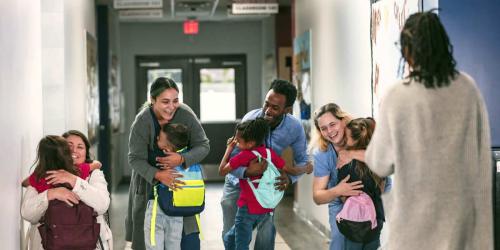How Schools Can Get the Most From Youth Program Partnerships

Youth program partnerships can help districts and schools accomplish more than what they can do alone.
For example, nonprofit youth programs throughout the Pacific Northwest specialize in various areas, including:- Restorative justice
- Anti-bullying
- Student case management and advocacy
- Healing from trauma
- Leadership
- Mentoring
- Family engagement
- Service learning
- Tutoring or academic assistance
- Youth development
Not only do nonprofits provide different programs and curricula than schools, youth workers are often skilled in delivering learning through hands-on, exploratory methods. Nonprofit youth programs can reach kids through engaging out-of-school-time activities, such as chess, soccer, coding, robotics and many more.
In addition to providing new content to schools, youth programs can also connect with family members in authentic ways (for example, by engaging parents as board or staff members). In addition, some youth programs can be deeply integrated in communities and follow the philosophy that they are not just culturally competent but culturally sustaining—giving back to and growing the cultural identity of the community they serve. Some also deliver a wide array of social services to families.
Nonprofits at the intersection of school and community can help promote collaboration, form positive relationships and integrate cultural responsiveness into a school. When done well, this alignment can reinforce a school’s priorities while also promoting students’ identities.
Managing a diverse network of nonprofits that operate in a school is an important and sometimes challenging job for administrators. Outside partners—such as the Institute for Youth Success (IYS)—can help.
Specifically, IYS builds the capacity of schools to support their out-of-school-time programs through youth-centered and research-based best practices.
Here are a few examples of how IYS helps districts and schools improve their programs, and in turn, create better experiences for participating students:
Getting the Most Out of Data
School districts and education service districts often contract with providers to run their youth-serving programs. In many cases, providers collect their own data on effectiveness. When there are multiple providers, it’s not easy for schools or funders to manage the data and know what is working across programs.
To help create a cohesive, standardized system of implementing evidence-based, youth-centered policies and practices across multiple types of youth programs, IYS engages in a Youth Program Quality Intervention (YPQI) process with schools and districts.
Similar to The Danielson Group's Framework for Teaching, YPQI helps improve the quality of youth-serving programs. It can be useful for a single program or across a system of nonprofits and schools offering different services.
YPQI creates information that can be used to improve practice, goal setting and supervision—while creating high-quality learning experiences for students. With a focus on continuous improvement, YPQI recognizes a program’s positives and looks at ways to strengthen staff members’ methods and behavior.
Although YPQI is useful, sometimes additional help is needed. For example, an after-school program may want to survey student or family perspectives or examine how participation in a youth program reduces chronic absenteeism.
To meet this need, IYS engages a team of Education Northwest researchers to provide customized evaluation services. This can help you improve your programs—and put you in a better position to apply for grants or report to a funder.
Professional Learning with an Equity Lens for Teachers
To create a positive climate, increase engagement and support students’ well-being, schools are learning to operate in new ways, such as integrating social and emotional learning (SEL) and trauma-sensitive approaches into the school day.
This is encouraging, as it signals a step toward a whole-child, whole-school and whole-community perspective. To affirm and support all students, an equity lens is essential in implementing these approaches. IYS takes SEL research and translates it into approaches that are equitable for students and practical for teachers.
For example, these are some of the equity-focused questions we encourage schools to ask when examining SEL research and curricula:
- Where are these data from? Were these data collected in a culturally responsive manner?
- Is this curriculum culturally responsive or sustaining?
- Is it possible to change adult behavior or methods to change the experience of students?
- Is this an asset- or deficit-based conversation? Where does blame lie in this conversation?
- Is there a different cultural understanding of this concept?
- How do families I work with discuss this concept?
In addition, IYS provides workshops on various SEL-related topics, including growth mindset, perseverance and youth-adult partnerships. Our evaluation team also provides presentations and workshops on how teachers can incorporate the latest research into their classroom practice.
Partnering with nonprofits can help you do more than you can do on your own. Find out how we can help you manage your after-school programs and optimize corresponding services for all of your students.
Want to know more about how IYS can help build your capacity to manage the youth programs in your district or school? Contact Lena Fox to learn more.



